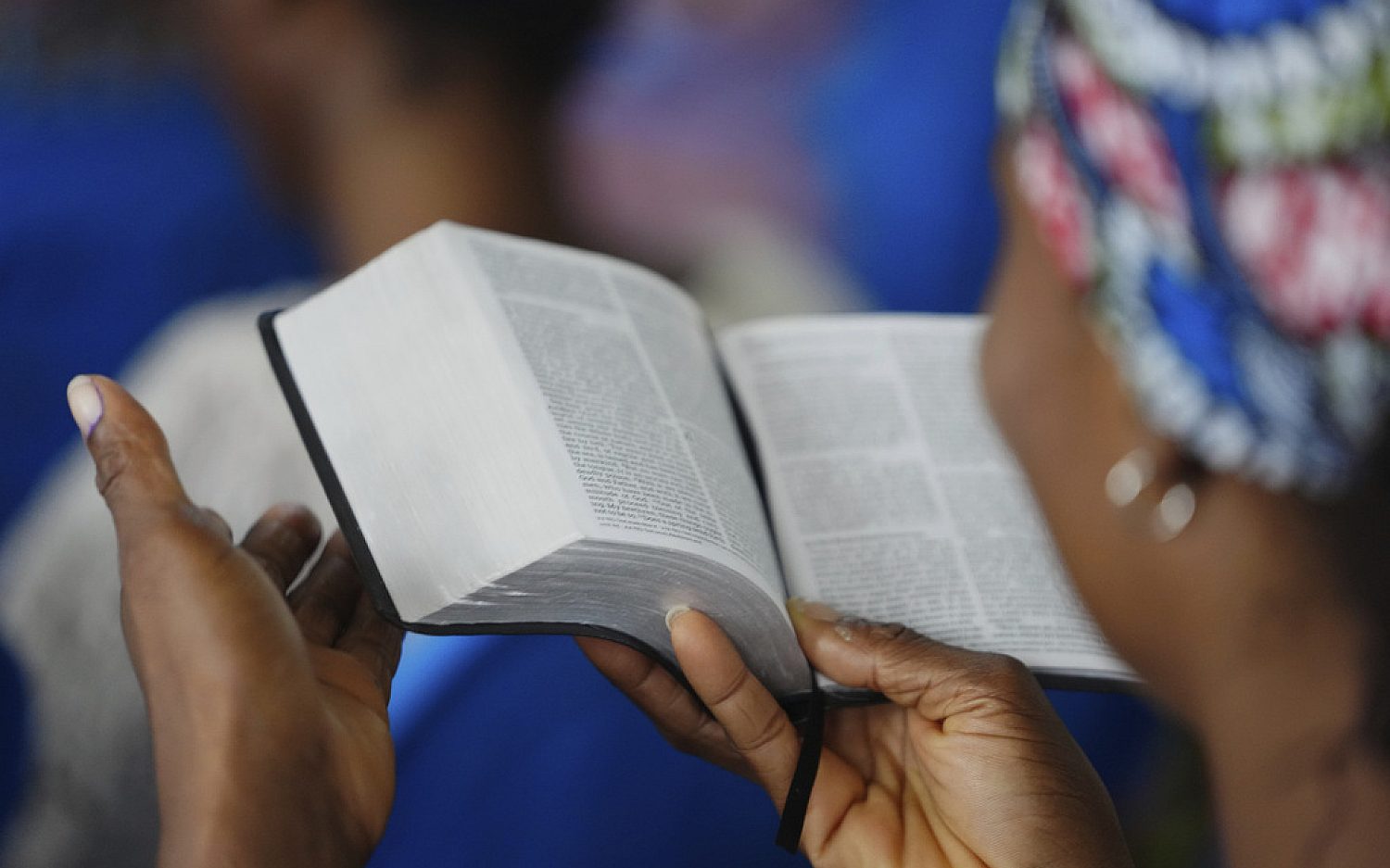Affirmed ... for now
The high court allows affirmative action policies to survive, but foreshadows future court fights
College admissions offices: Exhale, for now. The U.S. Supreme Court on Monday declined to toss out the legal basis for most college admissions policies on race. Affirmative action may still be on unsteady ground, but the court’s ruling changes little immediately. The high court essentially told lower courts to examine schools’ affirmative action policies more closely.
Court watchers had thought the justices might undo the concept of affirmative action altogether, but the court delivered a much narrower and nearly unanimous ruling. (Download a PDF of the court’s ruling.)
Abigail Fisher, a white student who didn’t win admission to the University of Texas at Austin (UT), challenged the school’s affirmative action policy as putting her at a disadvantage. The 5th U.S. Circuit Court of Appeals had upheld UT’s policy. The Supreme Court limited itself to telling the 5th Circuit to take another look at the school’s policy.
Justice Anthony Kennedy, writing for the 7-1 court, sent the case back to the 5th Circuit, saying the court had not considered UT’s policy under “strict scrutiny,” the highest legal test that is typically applied for race-based policies. The implication is that UT’s policy may not meet that high standard, but Kennedy left that for the 5th Circuit to decide.
Because the high court didn’t issue a sweeping ruling, no other college admission programs come under its effect—at least for now. The court’s application of stricter scrutiny for a college admissions program could bring other Fishers out of the woodwork to challenge their denial of admission to a school.
Kennedy said the lower court had given the university too much deference, and that the burden was on the school to show that its diversity policy could not be achieved any other way but through the current program, where race is a factor in admissions.
“[I]t remains at all times the university’s obligation to demonstrate, and the judiciary’s obligation to determine, that admissions processes ‘ensure that each applicant is evaluated as an individual and not in a way that makes an applicant’s race or ethnicity the defining feature of his or her application,’” Kennedy wrote, adding that the burden is on the school to prove this to courts.
UT’s affirmative action policy is a bit unique: The school accepts the top 10 percent from any high school in the state, in an effort to bring racial diversity to the school. But then it goes further: It uses race as a factor in its “Personal Achievement Index” when it considers applicants, in an effort to bring in racial minorities who might not be in the top 10 percent at elite schools.
Kennedy upheld the court’s previous ruling, which allowed affirmative action, 2003’s Grutter v. Bollinger,even though he dissented from that opinion at the time. The ruling said that schools could use race as one factor among many in admissions.
Monday’s opinion must have come from extensive negotiations. The case was argued back in October, which means it usually would be decided by the spring. Those extra months of deliberation weren’t spent in writing: In the end, Kennedy’s opinion was short, at 13 pages.
Justice Ruth Bader Ginsburg was the lone dissenter, saying she would have upheld the 5th Circuit’s ruling as a correct reading of the Grutter precedent.
“[L]ike so many educational institutions across the nation, the university has taken care to follow the model approved by the court in Grutter v. Bollinger,” Ginsburg wrote. “The university’s admissions policy flexibly considers race only as a ‘factor of a factor of a factor of a factor’ in the calculus.”
Justices Antonin Scalia and Clarence Thomas wrote separate opinions concurring with the majority, but adding they would rule affirmative action entirely unconstitutional.
Justice Elena Kagan recused herself from the case.
The court said it would announce more rulings on Tuesday. It should issue rulings on the Voting Rights Act’s Section 5 as well as the two gay marriage cases by the end of the week.
An actual newsletter worth subscribing to instead of just a collection of links. —Adam
Sign up to receive The Sift email newsletter each weekday morning for the latest headlines from WORLD’s breaking news team.





Please wait while we load the latest comments...
Comments
Please register, subscribe, or log in to comment on this article.